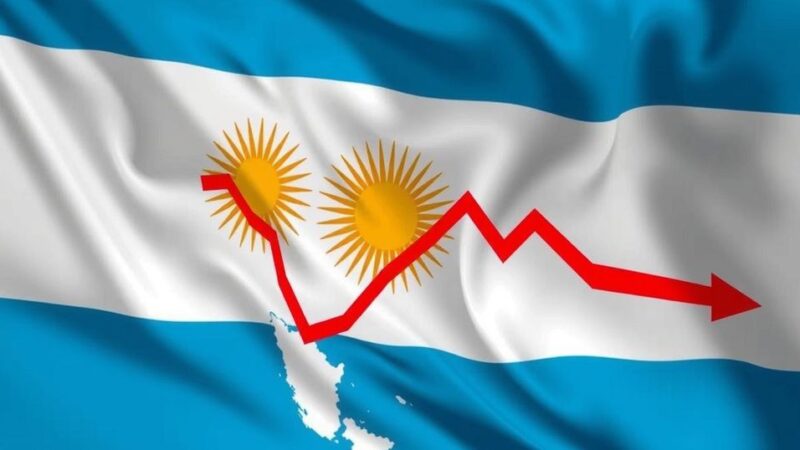The Democratic Republic of the Congo has filed criminal complaints against Apple for allegedly using conflict minerals. These complaints, directed at Apple’s subsidiaries in France and Belgium, accuse the company of complicity in laundering minerals from conflict zones and obscuring war crimes. The action, described as a “first salvo” by attorney Robert Amsterdam, highlights ongoing issues of corporate accountability in relation to sourcing practices in conflict-affected areas.
The Democratic Republic of the Congo (DRC) has initiated criminal complaints against Apple, implicating the corporation in the use of conflict minerals sourced from the region. Legal representatives for the Congolese government have lodged complaints against various Apple subsidiaries located in France and Belgium. These allegations arise from an extensive investigation prepared by the law firm Amsterdam & Partners, revealing claims that Apple is involved in the laundering of minerals from conflict zones, thereby obscuring war crimes and misleading consumers about their supply chain practices.
Robert Amsterdam, a prominent figure in international litigation, characterized this legal action as the “first salvo” against the tech giant. The complaints maintain that entities within the Apple group are well aware of the systemic issues and wrongdoing prevalent within their mineral supply chain. Moreover, Christophe Marchand, one of the lawyers representing the DRC, highlighted Belgium’s moral obligation stemming from its colonial history in the Congo. The judicial systems of both aforementioned nations will now determine the potential progression of these complaints.
The significance of this lawsuit cannot be overstated, as Eastern Congo has been plagued by conflict driven by competition over valuable mineral resources, particularly tin, tantalum, tungsten, and gold. Numerous armed groups exert control over artisanal mines, generating revenue through the illicit trade in minerals, which in turn fuels violence and forced labor. Given that these minerals are essential for the electronics industry, the region’s instability poses a broader global concern.
Earlier this year, the United States State Department acknowledged these issues, detailing initiatives aimed at mitigating the illegal trade of minerals, such as promoting responsible investment and strengthening due diligence protocols. Although Apple has asserted stringent oversight over its supply chains, allegations persist. Their 2023 conflict minerals report asserts that all identified smelters and refiners underwent independent third-party audits. However, a discrepancy has been noted; data from 2021 indicated that Rwanda accounted for a disproportionate share of global tantalum supply, likely linked to smuggled minerals from the DRC being misrepresented as Rwandan.
As a result of these developments, Apple’s stock (AAPL) experienced a modest decline of 0.33% to $250.21 during premarket trading.
In conclusion, the legal action undertaken by the Democratic Republic of the Congo against Apple sheds light on the significant issues surrounding conflict minerals and raises questions about corporate responsibility in global supply chains. The outcome of the complaints may influence both public perception and Apple’s operations in the international arena.
The Democratic Republic of the Congo is rich in minerals critical for the electronics industry, yet it has faced longstanding conflicts fueled by competition over these resources. These conflicts often involve armed groups controlling mining operations, benefiting from illegal trade and perpetuating violence and human rights abuses. The use of conflict minerals has attracted international scrutiny, leading to calls for responsible sourcing practices among global corporations, particularly in the tech industry. Apple’s alleged involvement in the conflict minerals trade raises pertinent questions about corporate accountability and ethical supply chain management in regions fraught with instability. The implications of such allegations extend beyond corporate ethics, impacting global supply chains and consumer awareness regarding the origins of the products they purchase.
This legal action initiated by the Democratic Republic of the Congo against Apple underscores the complex issues surrounding conflict minerals and corporate accountability. The outcome of these complaints may have significant implications not only for Apple but also for the broader tech industry regarding the sourcing of minerals from conflict-affected regions. As the judicial proceedings unfold, they will likely provoke further discussion on ethical sourcing and the responsibilities of corporations toward regions impacted by conflict and exploitation.
Original Source: www.benzinga.com







